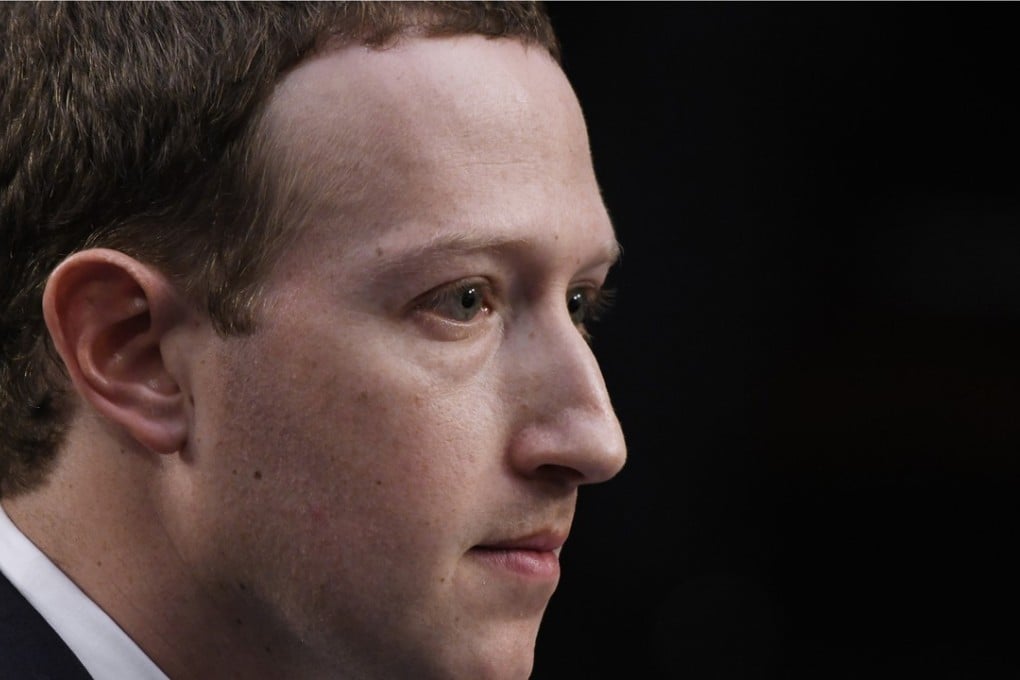Your Facebook data is in greater danger than you probably know
Daniel Wagner says that the Cambridge Analytica drama should be an opportunity to inform people of how easily criminals, terrorists and others can access their personal data, as well as how frequently hacking and security breaches happen

It is critically important to have meaningful discussions about the right thing to do vis-à-vis online data collection and dissemination. It is equally important that everyone become better informed about what the issues really are, and what is actually possible to achieve in data management.
Facebook admitted in 2011 (when it had “just” 750 million users) that more than 600,000 of its accounts were compromised daily. Each breach could be used for identity theft, criminal impersonation, tax fraud, health insurance scams or other crimes. In November last year, Facebook estimated that as many as 60 million accounts, or 2 to 3 per cent of the company’s 2.07 billion monthly users, were fakes.